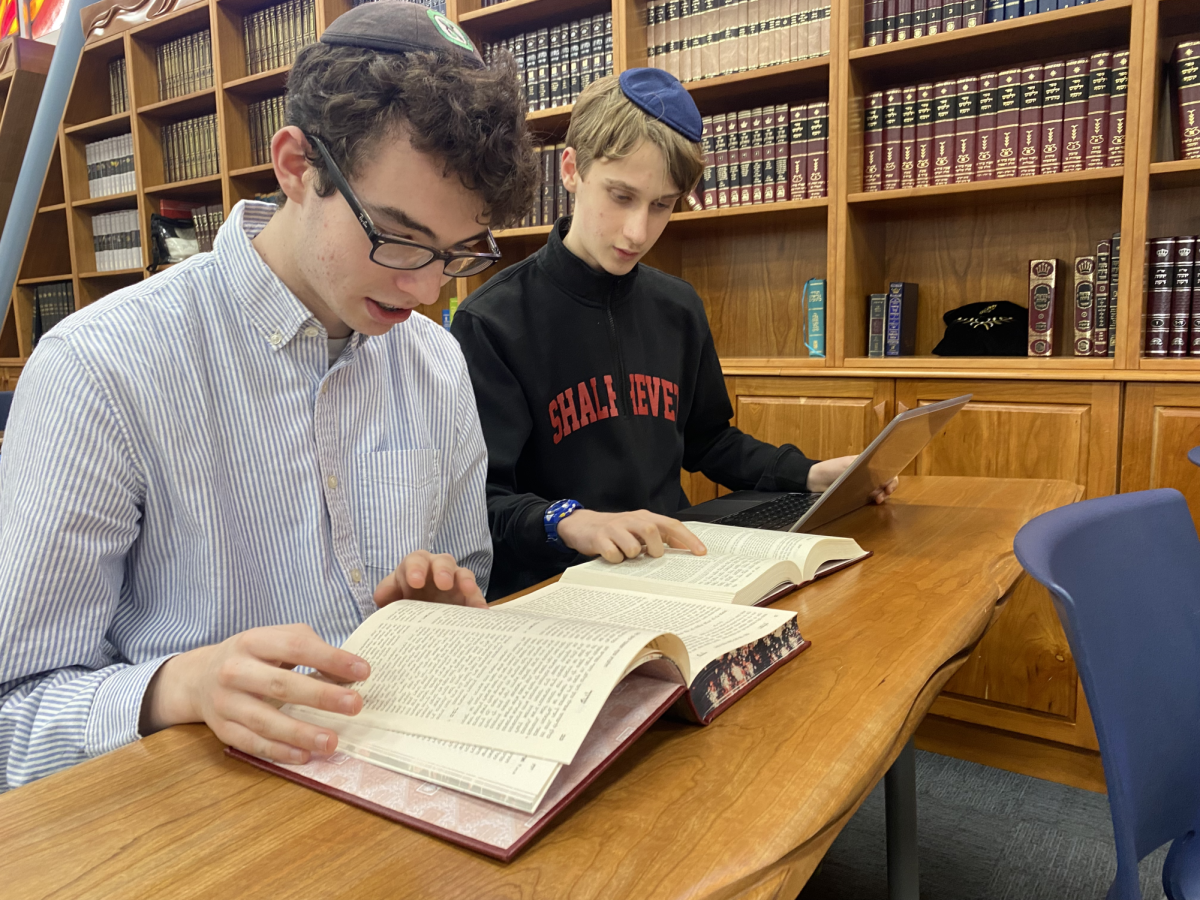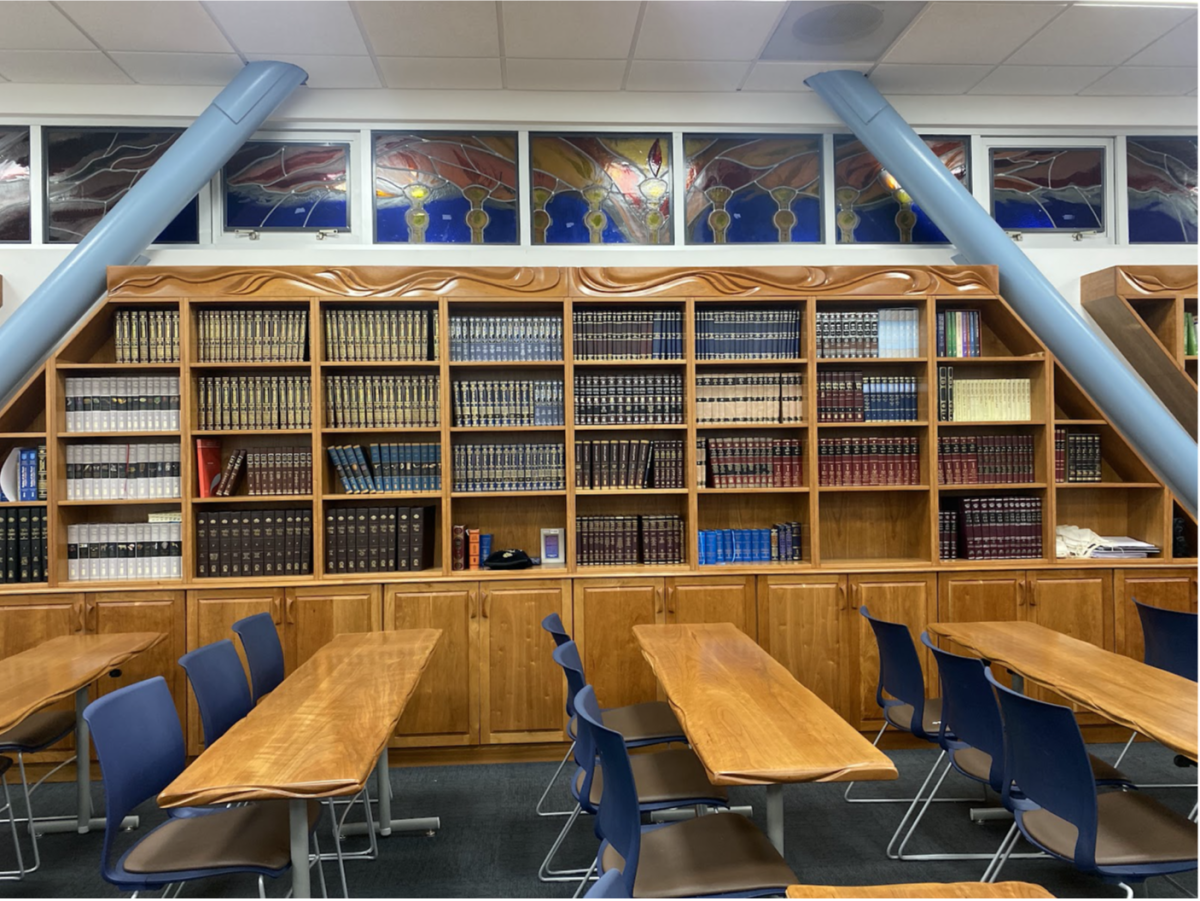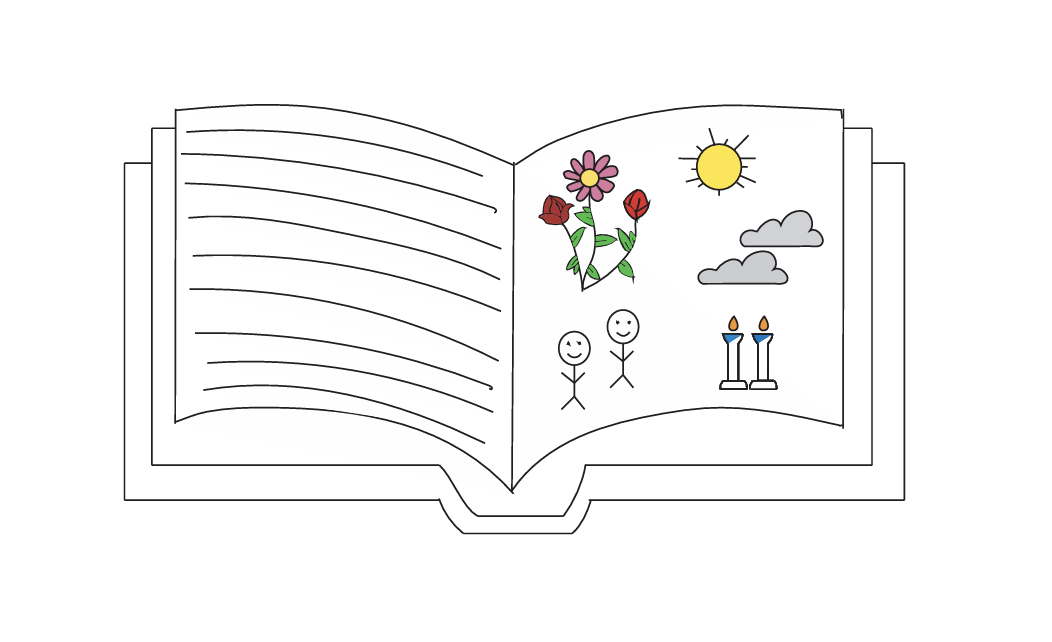The Three Weeks:
It’s summer. Long sunny days are followed by warm summer nights as we freely explore the outdoors. Shabbat magically goes on forever. And we students take two months to breathe, to sleep, to have fun and to recharge our batteries for the challenging year ahead.
In the middle of this wondrous season falls a three-week period of mourning for all Jews, when we are restricted from many of the fun things of summer, like parties, swimming, concerts and new clothes, all to commemorate the destruction of the temples in Jerusalem some 2,000 years ago, and other distant calamities.
This year, the three weeks between the 17th of Tammuz and the 9th of Av occur from July 19 to August 9. Throughout that time, Jews do not listen to live music or attend a party — just as an actual mourner wouldn’t — but there are also extra prohibitions during these three weeks that even mourners don’t have. For example, wearing new clothes, wearing newly laundered clothes and eating a new fruit are all permitted during the year of avelut, or mourning, but they are forbidden to all Jews during the three weeks leading up to Tisha B’Av. In the final days,
These additional prohibitions actually all stem from a lesser known halacha—that one is not supposed to say the shehecheyanu – literally, “Who has kept us alive…,” the prayer celebrating living until a particular moment of happiness — during the three weeks.
There are differing opinions about how strict this prohibition should be. The majority opinion, and that of the Mishnah B’rurah, allows one to bless shehecheyanu during the three weeks but only on Shabbat. The Arizal, though, says that one should not say shehecheyanu at all during the three weeks, and if one must do something that would require the bracha of shehecheyanu (eating a new fruit, for example), one should do so without it. The Aruch HaShulchan says it’s permissible to say shehecheyanu up until Rosh Chodesh Av, when the more stringent mourning period of the nine days before Tisha B’av begins.
But why do we have this prohibition at all? Does mourning the destruction of the Bet Hamikdash, and the many other calamities recalled during this time, mean we can’t appreciate anything new?
The Arizal’s problem with reciting shehecheyanu comes from the words of the bracha: ve’higiyanu la’zman hazeh, “[Blessed is God]…Who has enabled us to reach this moment.” The Arizal said it was improper to bless “this moment,” because should be a sad one when we should mourn the destruction of the Temples and Jerusalem.
Maybe the idea is to help us reach a true state of mourning for the destruction of the Temples. Maybe if we really felt as devastated as those who lived through the destruction did, we would feel weird reciting shehecheyanu for quite some time.
But speaking personally, I can’t come to terms with the idea that we can’t bless something new and lovely just because during this time, a long time ago, things were bad. There is always destruction, but there is also always rebirth and rebuilding. It would be unbearable to live in a world where there’s so much hate, tragedy and darkness if it didn’t also have beauty and light.
Maybe it’s a personal thing. The only reason I could stay sane at the concentration and death camps in Poland was that healthy, loving people were alongside me, and I could look at bright green grass and rolling yellow hills. I know most of my classmates found the juxtaposition of spring and death revolting, but I needed it to stay in one piece.
Perhaps the Arizal would agree with my classmates, and my classmates with the Arizal. For those who are bothered by seeing beauty as they remember devastation, reciting shehecheyanu during the three weeks would seem wildly inappropriate.






